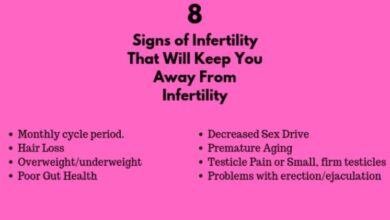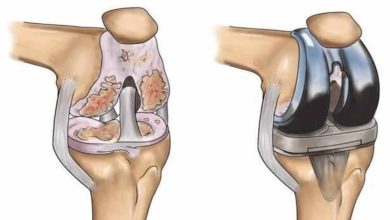Live Long And Fight Cancer With Radiation Oncology

Cancer is an abnormal multiplication and growth of cells in certain parts of your body. This leads to several debilitating symptoms and could be life-threatening if not treated promptly and on time. Of all the treatment options for cancer, radiation oncology is the most powerful treatment that helps destroy cancer cells.
Radiation oncologist Phoenix specializes in state-of-the-art technology, offering comprehensive and targeted radiation therapy. This can greatly improve your quality of life.
Radiation oncology – introduction
Radiation oncology is a medical discipline dealing with the use of powerful radiation to treat cancer. This specialty uses different types of radiation like X-rays and high-energy beams to target cancer cells. Since the energy beam affects the area of concern that requires treatment, radiation oncology is also known as target or local therapy.
In radiation oncology, the energy beams attack the DNA(deoxyribonucleic acid) in the cancer cells thus halting the replication of the cancer cells. This prevents the multiplication of cells and further growth of the cancer. Eventually, the damaged cancer cells die, and your body gets rid of them.
Types of radiation oncology
Types of radiation oncology are as follows:
Internal radiation therapy
- Brachytherapy
- In this therapy your radiation oncologist implants solid radioactive seeds or beads inside or near a tumor. These implant sources release a specific amount of radiation to destroy the cancer cells.
- They can be:
- High-dose rate implants: The seeds remain in place for a few minutes
- Low-dose rate implants: The seeds remain in place for several days.
External radiation therapy
- Stereotactic radiosurgery (STRS)
- This therapy uses computerized technology to detect the exact location of the tumor, and targets high-dose of focused radiation to destroy the tumor.
- It typically takes 1 to 5 days.
Indications of radiation oncology
Radiation oncology is often recommended when other options fail to treat the cancer, or if it is the only treatment option that suits your condition best. It is used to:
- Shrink tumor cells before other cancer treatments like surgery
- Destroy the remaining cancer cells after surgery
- Kill cancer cells that return after previous treatment
Procedure involved
Based on the diagnostic findings, a customized treatment plan will be designed by your radiation oncologist to meet your needs.
Depending on the type of cancer, you may need radiation therapy 5 days a week for 6 to 7 weeks. The procedure is performed on an outpatient basis with or without anesthesia. Treatments take around 10 to 30 minutes based on the area to be targeted.
You are likely to feel tired, dizzy, or lethargic after your radiation session, which may resolve gradually.
Conclusion
If you have cancer and radiation therapy is the only treatment option, ensure you discuss with your radiation oncologist all the pros and cons of the procedure.





